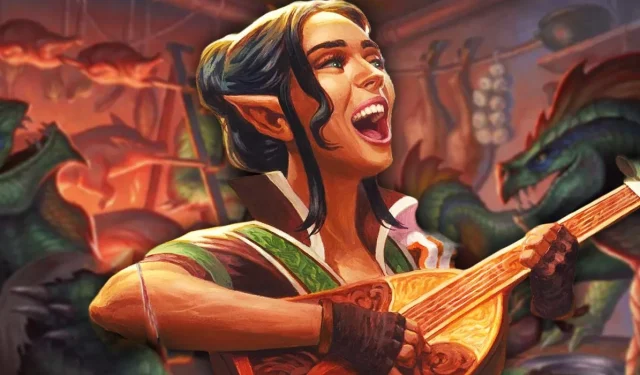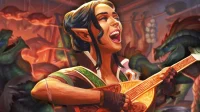The 2023 film Dungeons & Dragons: Honor Among Thieves captivated audiences and critics with its captivating mix of high-octane fantasy thrills and humor. However, when it comes to traditional DnD campaigns, striking the right balance with humor is crucial. A Dungeon Master (DM) can undermine immersion if their focus leans too heavily on humor at the expense of dramatic tension. Some DMs make the mistake of engineering comedic elements—such as scripted jokes or absurd scenarios—in their sessions. This frequent pitfall often derails campaigns, particularly for novice DMs. Unlike genuine, spontaneous humor that develops during gameplay, scripted jokes tend to fall flat and can hinder a game’s flow.
Historically, Greek narratives drew a distinct line between the biting satire of Comedy and the deeper themes of Tragedy. In contrast, contemporary audiences appreciate a blend of both. Comedic elements can foster connections between the audience and characters, making dramatic moments feel more impactful. Conversely, inserting humor within a serious context can enhance the emotional stakes at play. The essence of authentic comedy lies in its ability to subvert expectations. In fact, memorable tabletop RPG moments often arise organically rather than from a pre-planned script.
Organic Humor in D&D Campaigns
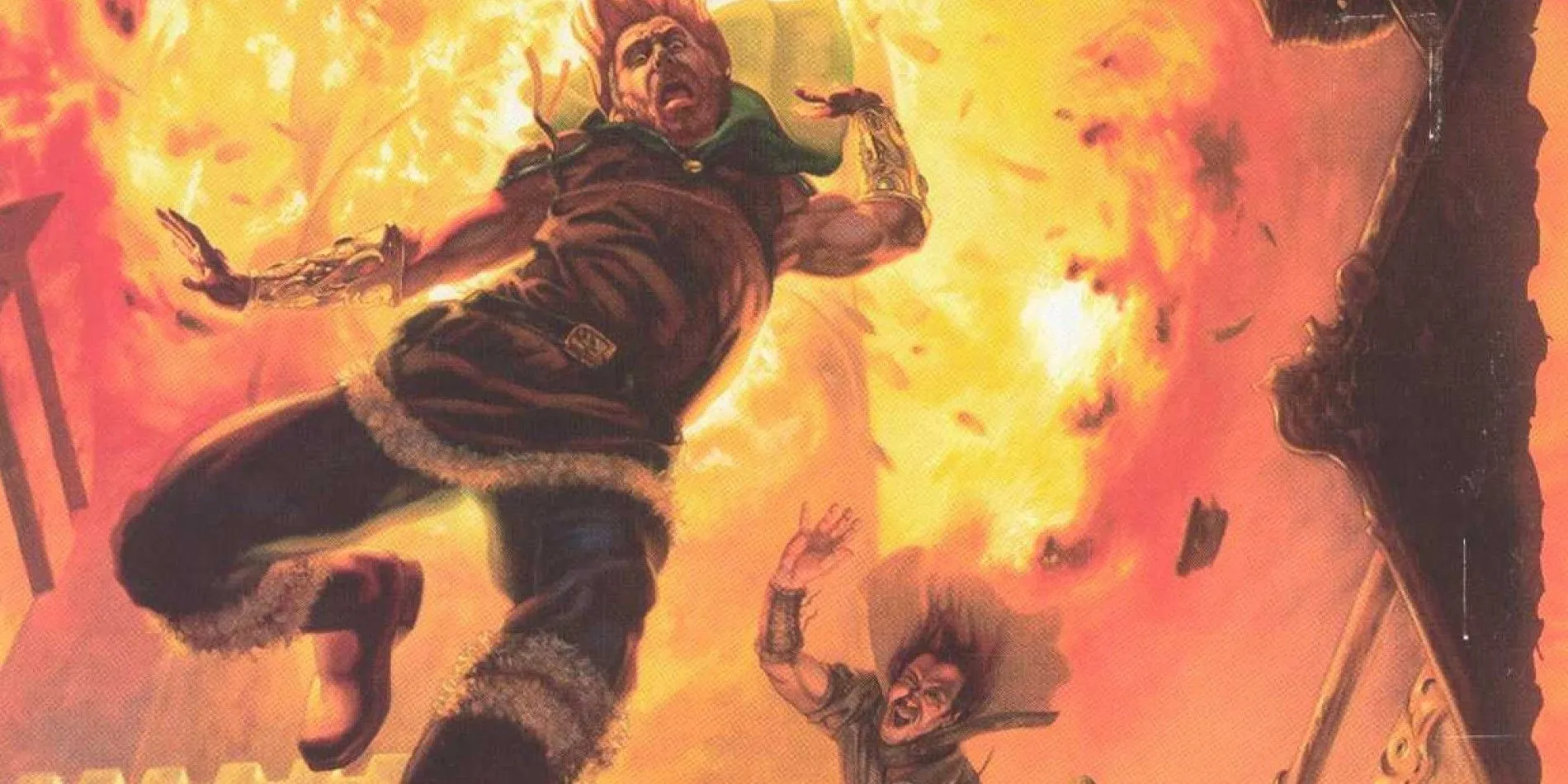
Gathering players around a table with dice in hand, eager to assume the roles of elves and wizards, inherently invites laughter and upredictability. While a DM might concoct a monster adoption scenario, it is often the unforeseen decision of players to adopt an unexpected creature that leads to genuinely humorous outcomes. DnD is not a rigid formula, like Mad Libs; the humor stems from the spontaneity of gameplay.
The randomness introduced by dice rolls often leads to amusing scenarios. A Natural 20 can create a triumphant moment while a Natural 1 can lead to comical calamity. The juxtaposition of characters achieving success against all odds or failing in epic fashion brings humor to life in a DnD session. The intricacies of humor are deeply psychological.
For many enthusiasts, it took the portrayal of death in shows like Critical Role to help them navigate such themes in their own games. Gallows humor often arises naturally in DnD, where dice rolls dictate success and failure. Players recognize that outcomes are unpredictable, and in response to the chaos, laughter often serves as the coping mechanism. Such moments highlight the humor that can spontaneously arise in any tabletop RPG session.
The Downside of Forced Humor in D&D
Avoiding Mean-spirited Humor That Dehumanizes Characters
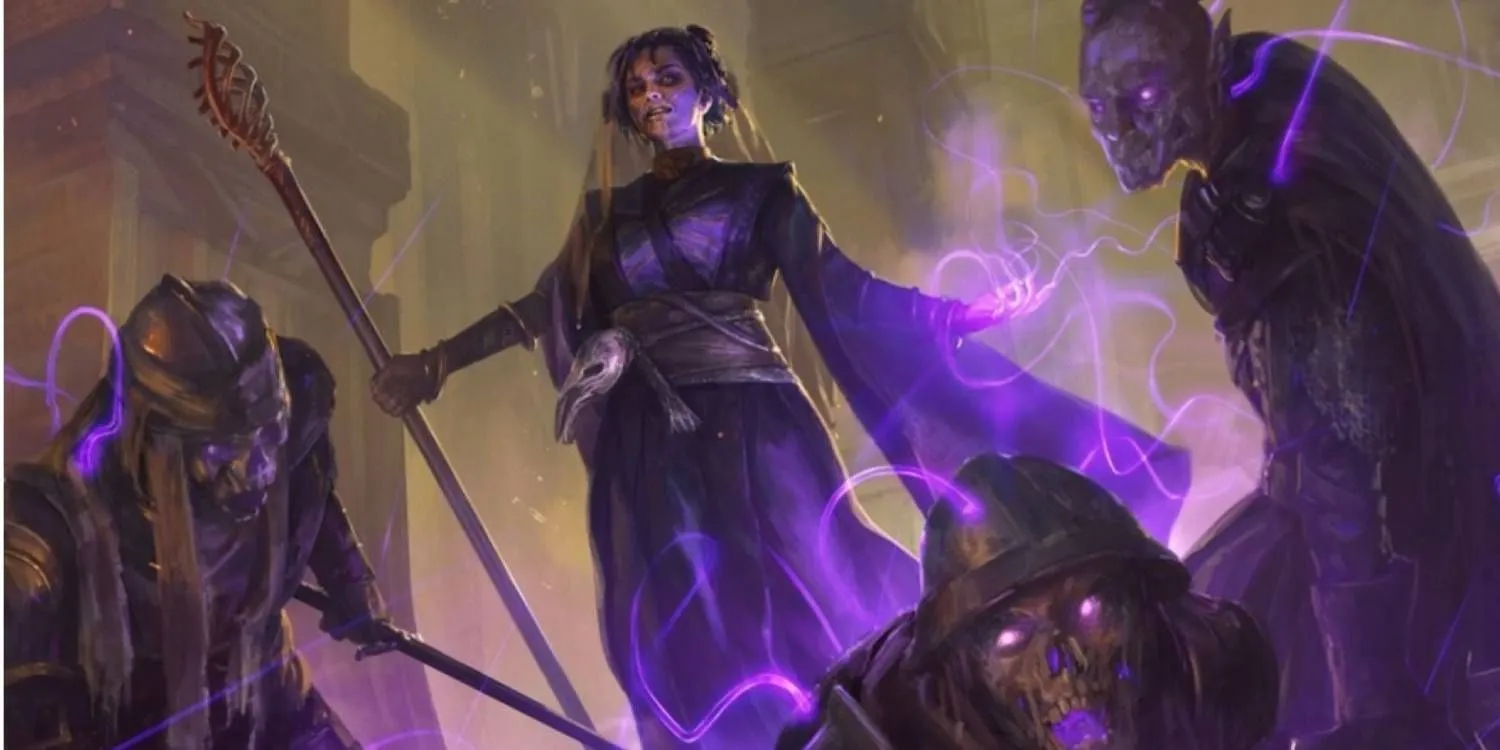
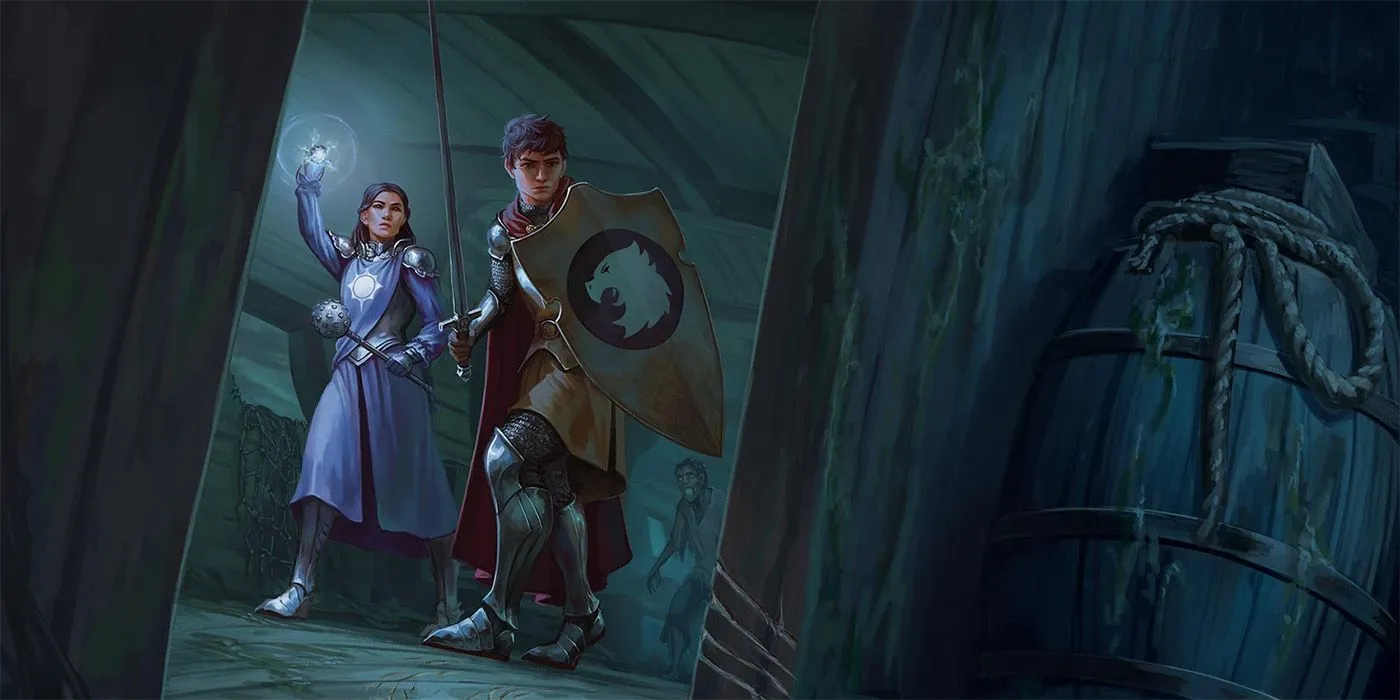
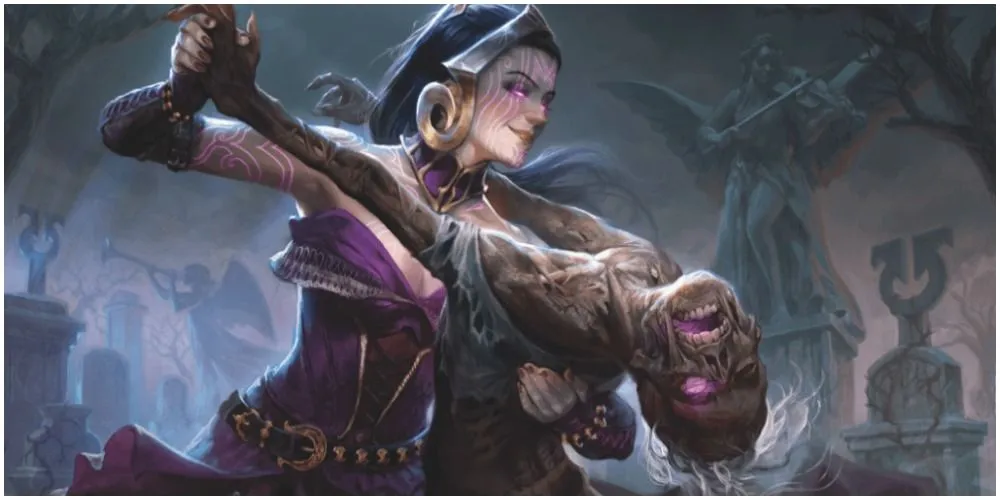
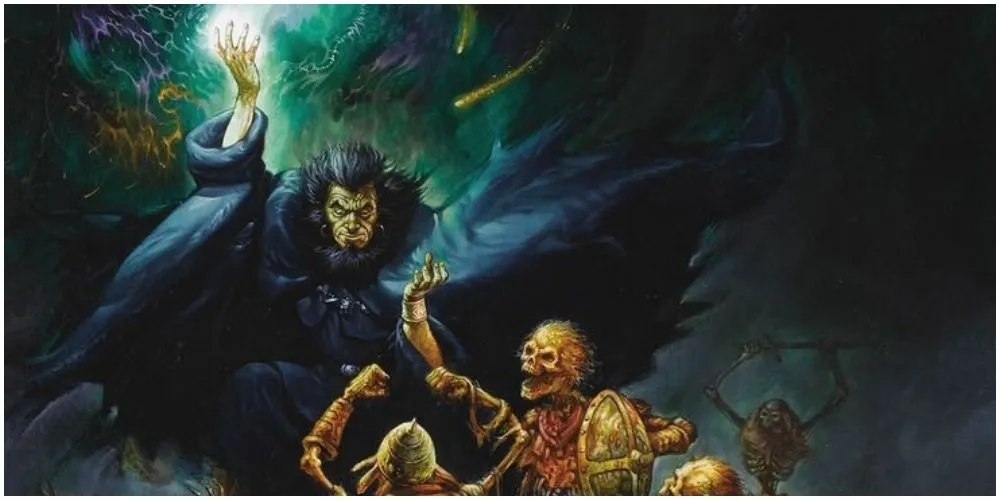
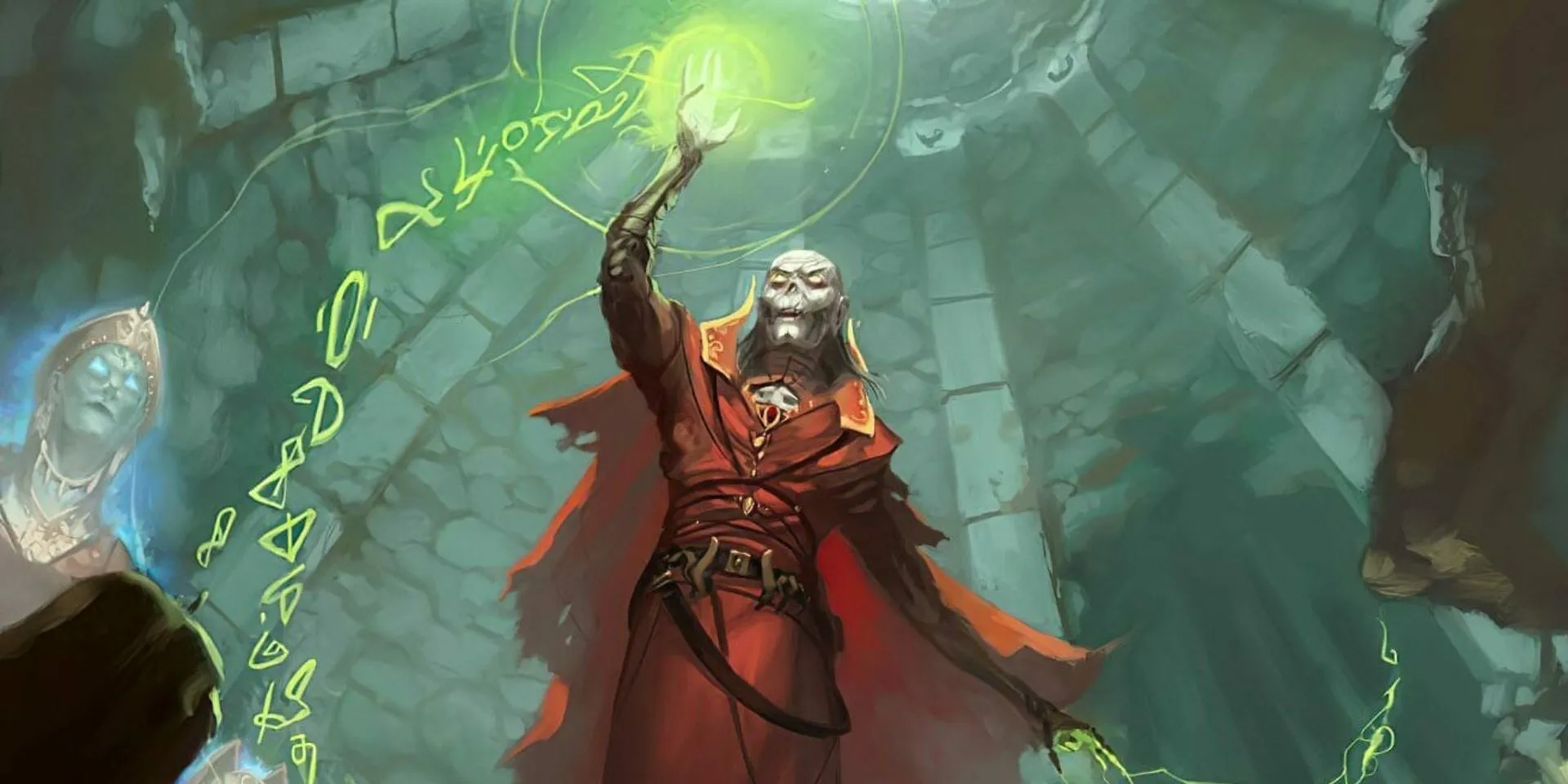
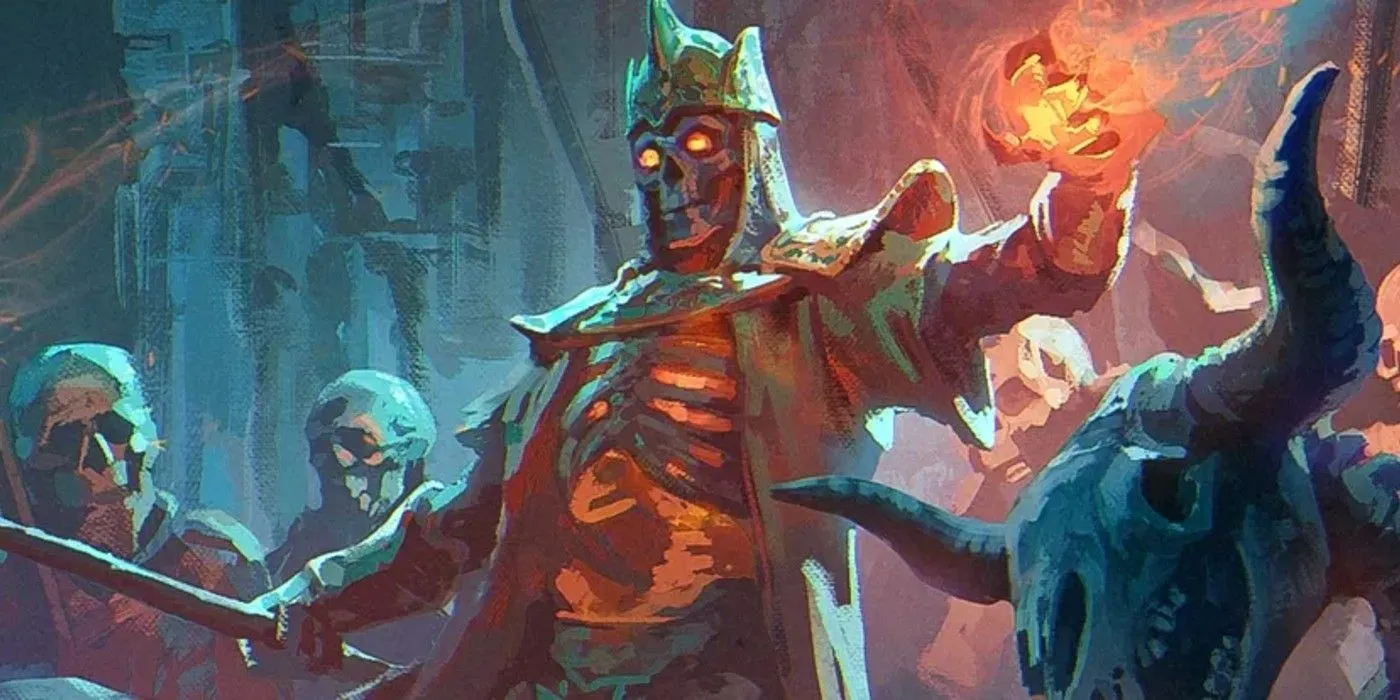
One of the most surefire ways to kill a joke is by attempting to engineer it. Many early DnD iterations struggled with overemphasizing parody and silliness. Numerous magic items and spell components originated as clever puns but often lost their humor over the years. Early modules frequently relied on frivolous wordplay and traps that only amused their creators. Such efforts usually involved references to pop culture icons, which did not age well.
While some cursed items may present entertaining risks, introducing overly ridiculous items can undermine campaign integrity. For instance, when players encounter an item dubbed the Robe of Blending that functions like a kitchen blender instead of assisting in stealth, the humor falls flat. This type of joke, punishing for the character involved, detracts from the narrative. It sacrifices the dramatic stakes for a single, unfunny gag.
The implications are profound; a campaign can quickly lose the immersion and tension a DM has painstakingly built up in the pursuit of a scripted joke. The essence of humor in Dungeons & Dragons emerges organically.
Most individuals can discern the stark contrast between how animation such as Looney Tunes portrays injury and how serious narratives approach these themes. Characters need to be dehumanized for audiences to find humor in their suffering, and exaggerated portrayals of pain further contribute to this dehumanization. Once humor becomes intertwined with serious themes like death or injury in a DnD campaign, the stakes diminish significantly, resembling the triviality of a cartoon. As a result, immersive storytelling can be sacrificed over a joke that may not even resonate with participants. Forced comedy in DnD often hampers immersion.
Players & NPCs Are the Real Sources of Humor in D&D
The Situation Lies with the DM, But the Humor is Generated by the Characters
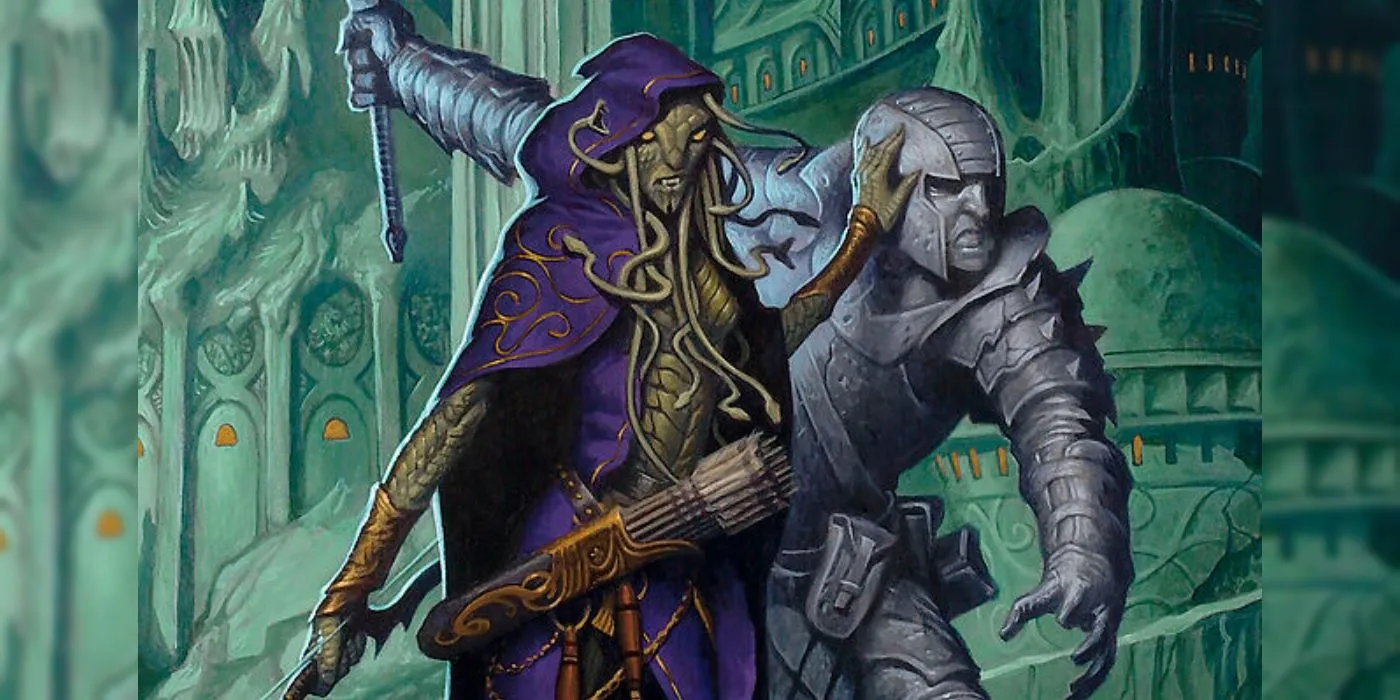
The most ironic joke in recent design history is the decision made in the 2024 DnD DMG to abandon the “adventuring day.”While some players neglected its use, rather than adequately explaining its value, they opted for outright removal. The humor inherent in this choice exemplifies what makes DnD moments memorable: spontaneous, organic humor that players recount for years to come. Most cherished memories from decades-old DnD games emerged not from deliberate planning by the DM but from unforeseen interactions and outcomes.
There’s a clear distinction between setting the stage for humorous situations and orchestrating specific jokes. A good DM introduces challenging scenarios that can foster humor, yet crafting slapstick moments or outrageous outcomes often leads to disappointment rather than laughter. The consequences of overemphasizing humor can jeopardize the very essence of immersion and stakes a DM has invested in cultivating. Authentic humor in Dungeons & Dragons arises from organic moments.
